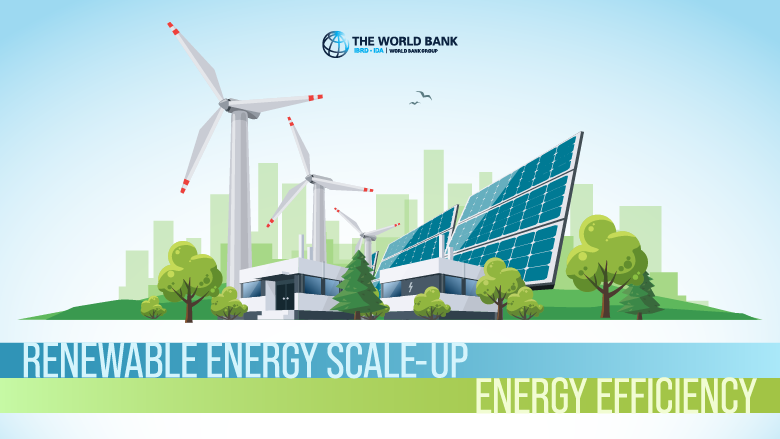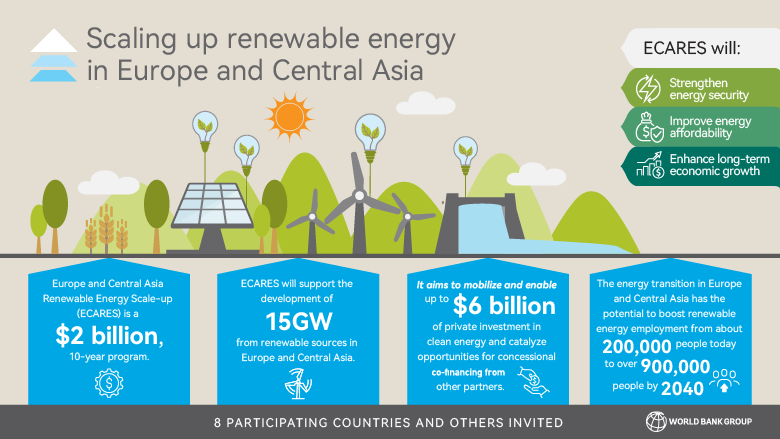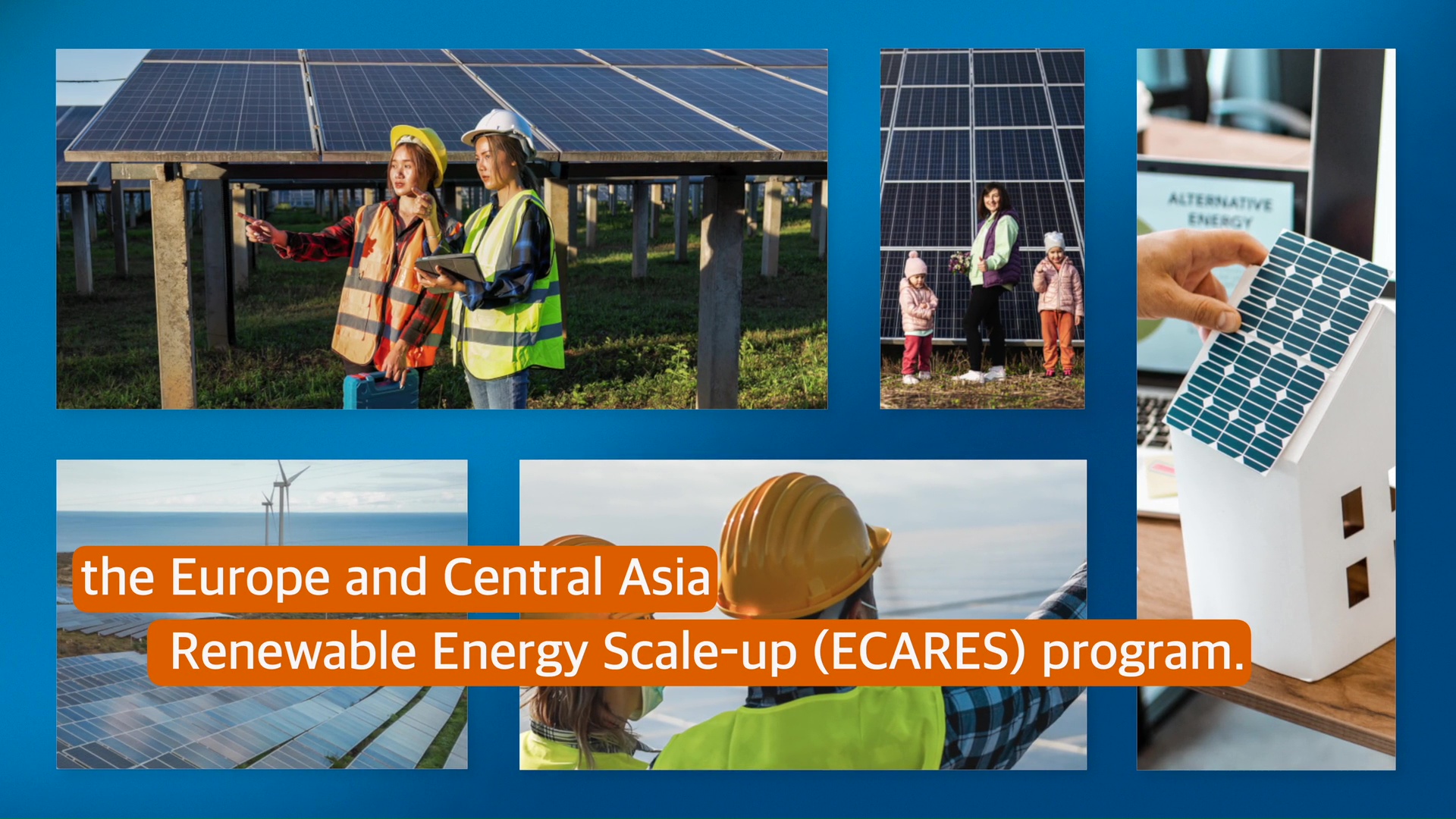Frequently Asked Questions (FAQ)
1. How can countries join ECARES and/or E3?
Any World Bank client country in the Europe and Central Asia region is eligible to join either, or both, of these programs. Countries are selected based on their readiness, level of project innovation, and potential for replicability.
2. What is the World Bank’s Multi-Phase Programmatic Approach (MPA) and what advantages does it offer?
The World Bank’s Multi-Phase Programmatic Approach (MPA)—which allows countries to structure a long, large, or complex engagement as a set of smaller linked operations (or phases), under one program—is uniquely suited to addressing the vulnerabilities exposed by the energy crisis in the region and ensuring long-term sustainability due to its focus on speed, scale, and impact.
In contrast to business-as-usual approach with individual projects, an MPA implies a cohesive continuous strategy that promotes replicable and scalable engagements. This is particularly beneficial for client countries facing the challenge of attracting private investment for their energy transition.
The MPA also allows the use of diverse instruments, including Program-for-Results (P4Rs), Investment Project Financing (IPFs), and guarantees, thereby enabling our client countries to better navigate their energy transitions. Critical policy and institutional reforms will also be necessary to remove investment barriers and enable scale up. Multi-year initiatives spanning several countries, the MPAs will also emphasize knowledge sharing and capacity building.
3. Why the emphasis on a regional approach?
A regional approach can help governments to scale up renewables and energy efficiency more effectively than individual country operations by creating a longer-term strategic vision and commitment, fostering greater ambition and momentum, building partnerships, and promoting economies of scale. The two programs will generate knowledge and best practices that can be replicated and scaled up across the region. The ECARES and E3 Programs will each establish Regional Support Networks made up of diverse partners to provide finance and technical assistance and to build capacity. This program will also attract private investment by developing regional connectivity and common procurement approaches along with greater harmonization of technical standards to develop local and regional supply chains. In time, the World Bank aims to bring together other regional programs to leverage global synergies.
4. How will ECARES leverage climate and carbon finance?
The ECARES program aims to leverage up to $200 million in grants and concessional and climate finance through the Energy Sector Management Assistance Program (ESMAP), the Climate Investment Funds (CIF), and the Green Climate Fund (GCF). Doing so will incentivize and de-risk investments. The program will leverage additional financing by monetizing emission reductions associated with renewable energy under the program that are aligned to specific results.




